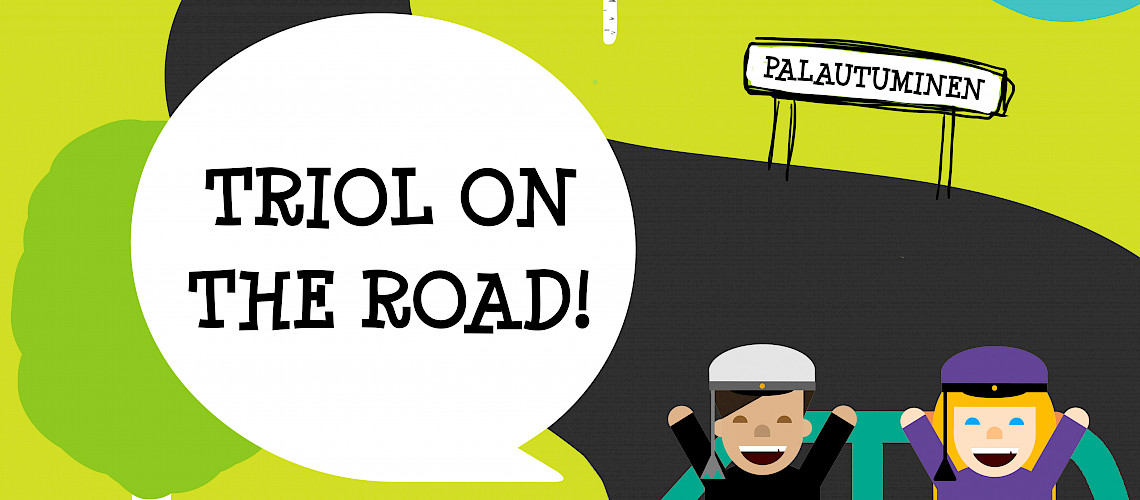Blog: The importance of social network in maintaining your well-being
23.10.2020

Even before the Covid-19 pandemic, it was known that even a third of students experienced abundant amounts of stress and mental overload. According to a study conducted by SAMOK last spring 53% of students have experienced that online learning has increased their stress level and 47% experienced that their wellbeing has deteriorated to worse or much worse. These exceptional circumstances still prevail, so how are students doing? How are we coping? These are questions that are on many people's minds and questions we need answers to.
Humans have a very fundamental need to belong, be a part of a community and connect with other people. Even from human evolution it can be seen that one of the key elements to survival have been working together and having a sense of community. Hanging out together, having friends and social networks play a big part in supporting our wellbeing. We have clear permission to utilize these networks, to seek support and safety. We also have permission to provide that support and be compassionate towards each other.
The importance of social networks comes up time and again when discussing coping and wellbeing. We need to bring forth the thought that to support your wellbeing, one should take time to call a loved one, take a walk with your friends or just spend time on a hobby you share with others, not forgetting the importance of talking about these things. The prevailing problem with these issues is the stigma that still floats around the issue of coping and mental health issues. This presents a challenge in the discussions we need to have about our wellbeing. How to seek support then if the discussions are difficult due to the stigma?
I know from personal experience how hard it is to talk about your coping and wellbeing. A couple years back I was burned out. I know all too well how hard it is to talk about the subjest and how ashamed I was bringing it up in the first place. Afterwards when thinking about it I am grateful that I was able to talk about the situation with my friends and family. This had a significant meaning to my recovery process. I want to challenge all of you to think how you can reduce the stigma around these issues. The first step is to ask each other: "How are you?".
